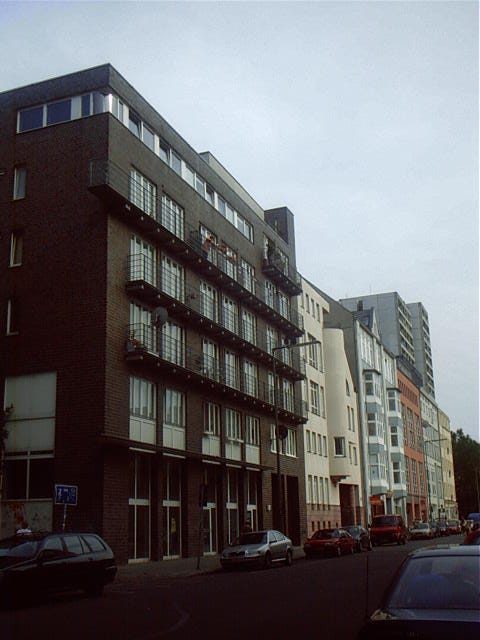With the midterm election over, it's time to focus on local issues
The Iowa City area is deeply segregated along economic lines, earning the dubious distinction of 14th most economically segregated of about 350 U.S. cities studied in 2015.

We wrote this before the election, and regardless of how it turned out, state and federal elections are settled for the moment. So we turn our focus on what we can always affect: what happens in our Iowa City community.
One guiding principle for communities that is popular among both ethicists and the world’s major religions is the Golden Rule, sometimes phrased, “Love your neighbor as yourself.”
As a generally progressive college town, we in Iowa City can be good at this. We bestow awards for human rights, give grants for social justice and racial equity, and take pride in our perfect LGBTQ inclusion scores.
Those are the bright spots. We should celebrate them but not lose sight of the fact that we also have serious shortcomings. Among them: consider who your neighbors are. The Iowa City area is deeply segregated along economic lines, earning the dubious distinction of 14th most economically segregated of ~350 U.S. cities studied in 2015. It is also racially segregated in ways only partially explained by income.
Our problems don’t necessarily arise from redlining or overt discrimination. Instead, we seem to have fallen into the same trap as many liberal cities and college towns: well-meaning people make choices that they consider individual and isolated but that together divide us structurally. When we prefer neighborhoods with “good” elementary schools--despite the overall solid performance of Iowa City’s high schools--we raise property values around those schools. If our neighbors do the same, we eventually price out lower income households. Similarly, many oppose developments that might lower surrounding property values and support zoning for houses similar to our own, and few champion inclusive zoning.
The good news is that these problems are a focus for Iowa City and its government, having recently prompted two rounds of school redistricting, an affordable housing action plan, and were a focus in the recent City Council special election.
This is a start, but we can do better, and there are many ways that we can more actively combat Iowa City’s segregation and its effects.
For one, we should listen--and make sure our elected officials listen--to the people most affected by policies. In redistricting, we heard parents from southeast Iowa City explain the difficulties of getting to junior high in Coralville in an emergency with public buses as their only transportation. Their children would be the ones most impacted by long bus rides, restrictions on after school activities, and more. The school board sent their children there anyway.
If you are a well-off person who values diversity, recognize that your inconvenience may be another person’s insurmountable obstacle and act accordingly. Accept busing for your children instead. Do not put the costs of integration on those least able to bear them. Keep this principle in mind as the school board undergoes elementary redistricting and considers sister schools.
Push for integration in our neighborhoods. The City Council is almost constantly looking at changes to its planning and zoning in some part of the city. If your neighborhood is uniformly anything, support policies that will make it less segregated; you have the most power when your neighborhood is the one affected. Take the Impediments to Fair Housing Survey and support the Housing and Community Development Commission’s efforts to create fair housing opportunities locally. Oppose developments and rezoning efforts that further segregation. Support developments and rezoning efforts that tear segregation down.
Keep our elected officials honest. Developers and their tax revenue are persuasive. Show up at meetings and make sure that our councilors and commissioners follow the integration plan.
The most obvious way to help integration is to move into a neighborhood where your neighbors do not all look like you. We live in a diverse neighborhood, which is probably why Nazis left that flyer on our lawn: they want us to divide ourselves. But if Nazis think we’re wrong, we believe we’re doing something right.
Kelcey Patrick-Ferree and Shannon Patrick live in Iowa.
Originally published in the Iowa City Press-Citizen on November 8, 2018.

